Today our topic of discussion is ” The Urinary System and Homeostasis “. The urinary system, also known as the renal system, is a crucial group of organs that plays a vital role in maintaining homeostasis within the human body. Homeostasis refers to the stable state of equilibrium or a constant internal environment that an organism needs to survive.
It involves a complex interaction of biological systems that regulate and maintain consistent levels of internal conditions such as temperature, pH, and electrolyte balance. The urinary system contributes significantly to this dynamic equilibrium by managing the volume and composition of body fluids. This article delves into the intricacies of the urinary system, its components, functions, and its indispensable role in maintaining homeostasis.
The Urinary System and Homeostasis : The Urinary System
Anatomy of the Urinary System
The urinary system consists of four major components: the kidneys, the ureters, the urinary bladder, and the urethra.
Kidneys
The kidneys are two bean-shaped organs located just below the rib cage on each side of the spine. Their primary function is to filter and remove waste products from the blood to form urine. Each kidney contains around a million tiny filtering units called nephrons, which are the functional units of the kidney. Each nephron includes a glomerulus — a tiny blood vessel, or capillary — and a tubule. The glomerulus filters your blood, and the tubule returns needed substances to your blood and removes wastes.

Ureters
The ureters are two tubes that carry urine from the kidneys to the urinary bladder. They are muscular ducts that propel urine downwards by peristaltic movements.
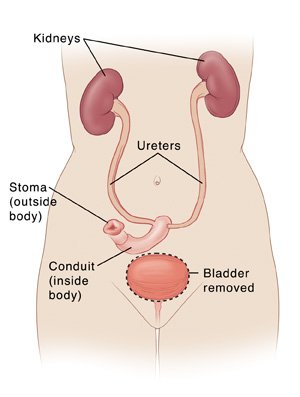
Urinary Bladder
The urinary bladder is a hollow, muscular, and elastic organ that stores urine. It expands as it fills and contracts during urination to expel urine into the urethra.
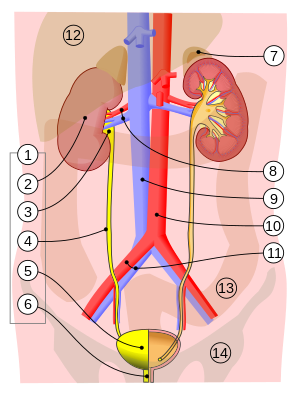
Urethra
The urethra is the tube through which urine exits the body. In males, the urethra is longer, running through the penis and also carrying semen. In females, the urethra is shorter and opens above the vaginal opening.
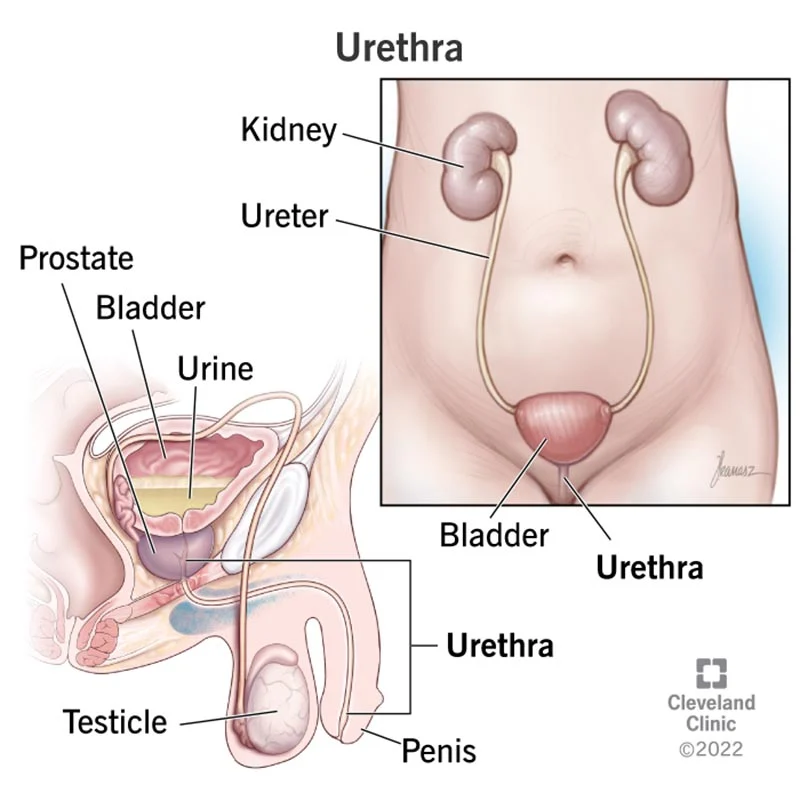
Functions of the Urinary System
The urinary system has several functions, which include the following:
Filtration
The kidneys filter the blood, removing waste products and excess substances while retaining the essential molecules. This filtration process is crucial for the removal of urea, creatinine, and uric acid, which are produced during the metabolism of proteins and nucleic acids.
Regulation of Blood Volume and Pressure
The kidneys regulate blood volume by controlling the amount of water excreted in the urine. They respond to changes in blood pressure by adjusting the volume of blood plasma, which affects the overall blood pressure.
Regulation of Electrolyte Balance
Electrolytes such as sodium, potassium, and chloride are essential for the normal function of cells and organs. The kidneys maintain electrolyte balance by filtering and returning to the bloodstream the necessary amount while excreting the excess.
Regulation of pH
The maintenance of a stable pH in body fluids is necessary for optimal enzyme activity and cellular function. The kidneys contribute to this by selectively excreting hydrogen ions and reabsorbing bicarbonate from urine.
Production of Hormones
The kidneys produce several hormones, including erythropoietin, which stimulates red blood cell production, and renin, which regulates blood pressure. Additionally, the kidneys convert a precursor of vitamin D to its active form, which is vital for calcium absorption.
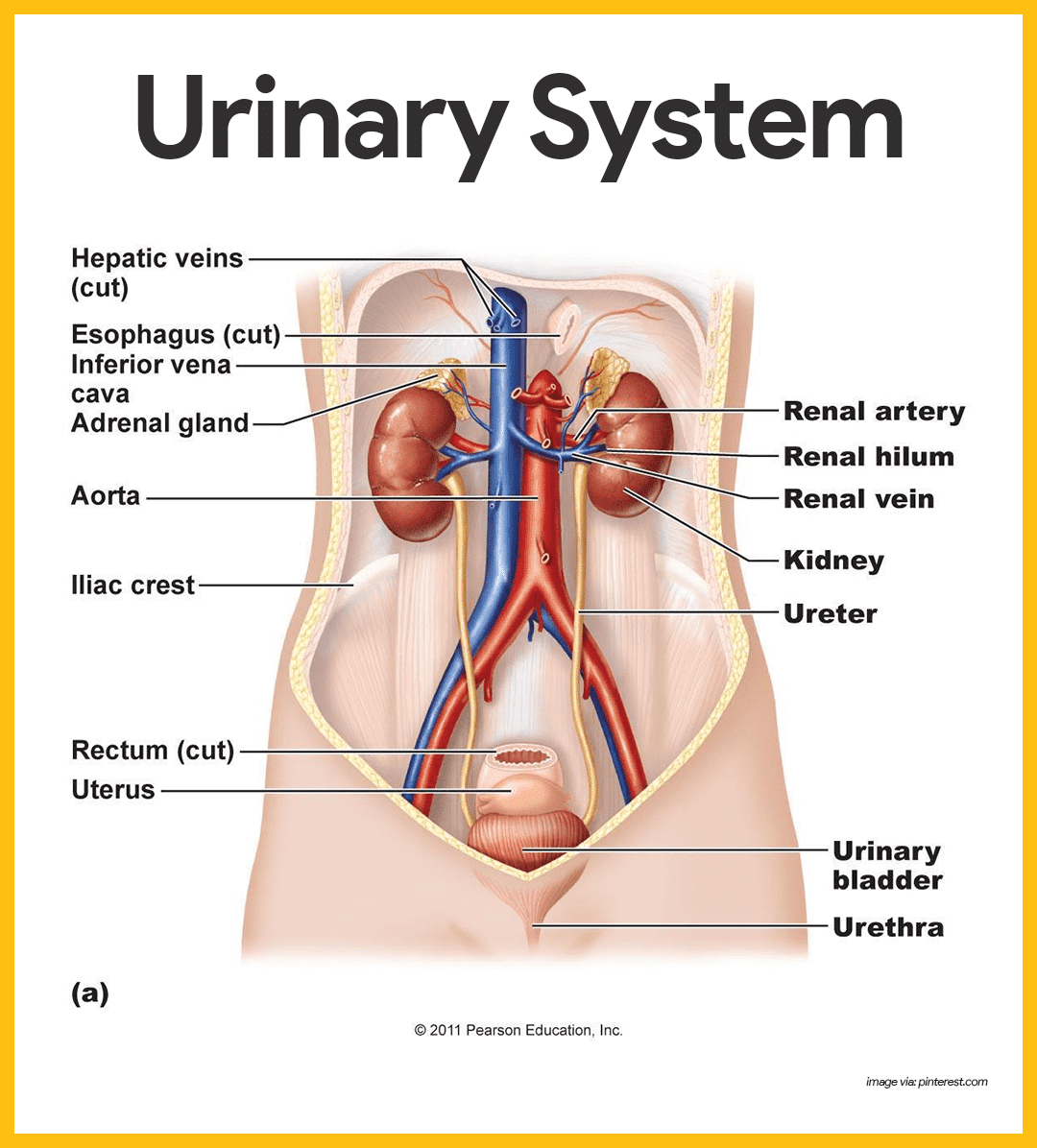
The Role of the Urinary System in Homeostasis
The urinary system is central to the homeostatic function of the body, working continuously to maintain a stable internal environment.
Fluid Balance
One of the most critical homeostatic functions the urinary system regulates is fluid balance. The body’s fluid balance involves a precise equilibrium between fluid intake and fluid excretion. The kidneys play a critical role in this by adjusting the amount of urine produced, a process controlled by hormones such as antidiuretic hormone (ADH), aldosterone, and atrial natriuretic peptide (ANP).
Waste Elimination and Detoxification
Waste elimination is a process fundamental to homeostasis. The kidneys filter the blood to remove metabolic wastes, toxins, and excess ions. This cleansing of the bloodstream helps maintain the purity and consistency of the internal environment.
Blood Pressure Regulation
Maintaining blood pressure within a normal range is vital for the functioning of the body. The kidneys regulate blood pressure through the renin-angiotensin-aldosterone system (RAAS). When blood pressure falls, the kidneys release renin, which leads to the production of angiotensin II, a powerful vasoconstrictor that raises blood pressure. Additionally, angiotensin II stimulates the release of aldosterone, which prompts the kidneys to retain sodium and water, thereby increasing blood volume and pressure.
Electrolyte Balance
Electrolytes are minerals in your body that have an electric charge. They are in your blood, urine, tissues, and other body fluids. Electrolytes are important because they help balance the amount of water in your body, balance your body’s acid/base (pH) level, move nutrients into your cells, move wastes out of your cells, make sure that your nerves, muscles, the heart, and the brain work the way they should. The kidneys help maintain electrolyte concentrations by filtering electrolytes and water from the blood, returning some to the blood, and excreting any excess into the urine.
pH Balance
Maintaining the pH balance of the blood is another vital aspect of homeostasis. The kidneys regulate the acid-base balance by selectively excreting hydrogen ions and reabsorbing bicarbonate, a base. This delicate balance is crucial since even minor deviations in pH can disrupt cellular processes and lead to health issues.
Hormone Production
The kidneys also contribute to homeostasis through hormone production. Erythropoietin (EPO) produced by the kidneys stimulates the bone marrow to produce more red blood cells in response to hypoxia (low levels of oxygen in the blood). The active form of vitamin D, produced by the kidneys, is essential for the absorption of calcium from the intestine, which is vital for bone health and muscle function.

Disorders of the Urinary System
When the urinary system is disrupted, it can lead to a variety of disorders, affecting homeostasis:
Kidney Stones
Kidney stones are hard deposits made of minerals and salts that form inside your kidneys. They can affect any part of the urinary tract and can cause severe pain and potential obstruction of urine flow, which can lead to complications such as infection or kidney damage.
Urinary Tract Infections (UTIs)
UTIs are infections in any part of the urinary system, but particularly the bladder and urethra. They are caused by microbes, such as bacteria overcoming the body’s defenses in the urinary tract. They can cause pain, frequent urination, and fever.

Chronic Kidney Disease (CKD)
CKD is the gradual loss of kidney function over time. It can lead to a buildup of waste products in the blood and may ultimately result in kidney failure, where dialysis or kidney transplantation is necessary to maintain life.
Glomerulonephritis
Glomerulonephritis is inflammation of the glomeruli within the kidney. This condition can interfere with the kidney’s ability to filter urine properly.
Polycystic Kidney Disease (PKD)
PKD is a genetic disorder characterized by the growth of numerous cysts filled with fluid in the kidneys. These cysts can reduce kidney function and lead to kidney failure.
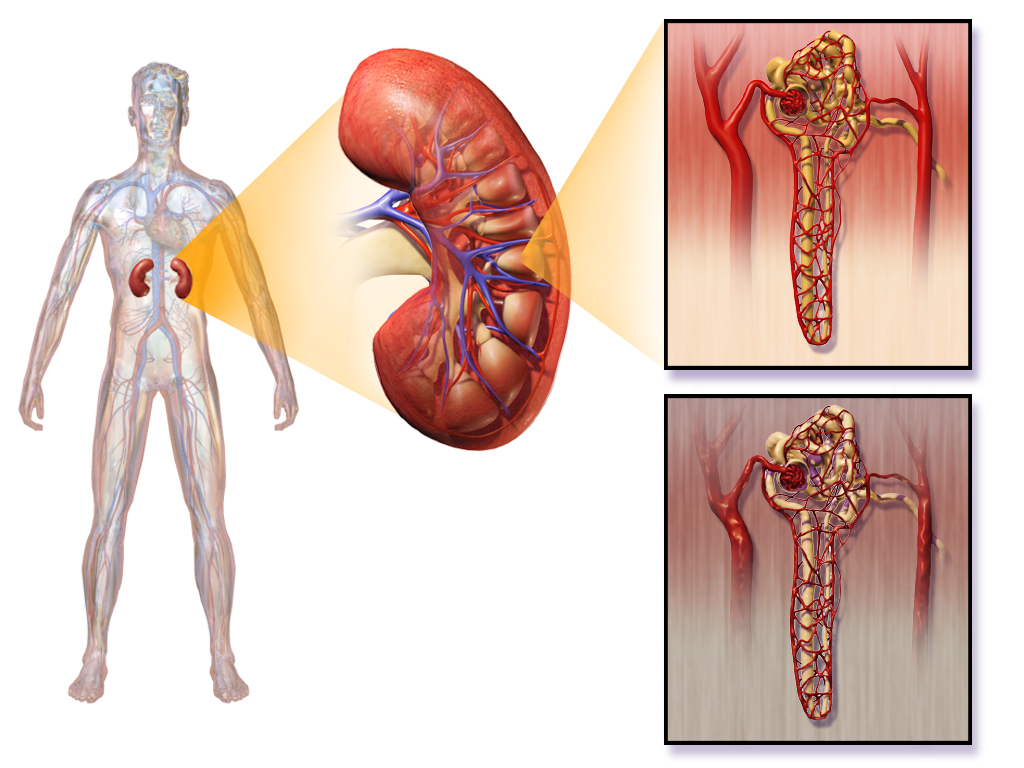
Conclusion
The urinary system plays an indispensable role in maintaining homeostasis by managing waste elimination, regulating blood volume and pressure, balancing electrolytes, stabilizing pH levels, and producing hormones. Disorders of the urinary system can have significant repercussions on the body’s homeostatic balance. Therefore, understanding and maintaining the health of the urinary system is crucial for overall well-being.
In summary, the urinary system is a sophisticated and vital system responsible for a range of functions that contribute to the body’s homeostatic balance. It is intricately connected with other body systems and is essential for removing waste, regulating body fluids, and ensuring that our internal environment remains stable despite external fluctuations. The health of the urinary system is fundamental to our overall health and illustrates the complexity and wonder of the human body’s design and function.
Read more:
